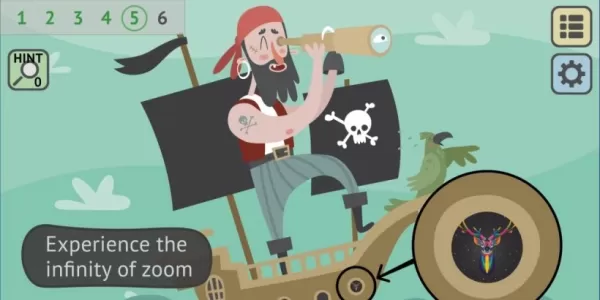PlayStation CEO Hermen Hulst: AI in Gaming – A Powerful Tool, Not a Replacement
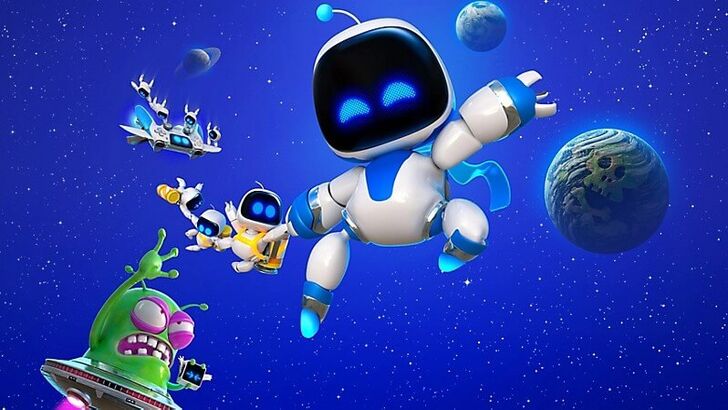
Sony Interactive Entertainment co-CEO, Hermen Hulst, recently discussed the role of AI in the future of gaming. While acknowledging AI's potential to revolutionize game development, he emphasized the irreplaceable value of the "human touch." This statement comes as PlayStation celebrates 30 years in the industry, a journey marked by significant technological advancements.
The Dual Demand in Gaming: AI and Human Creativity
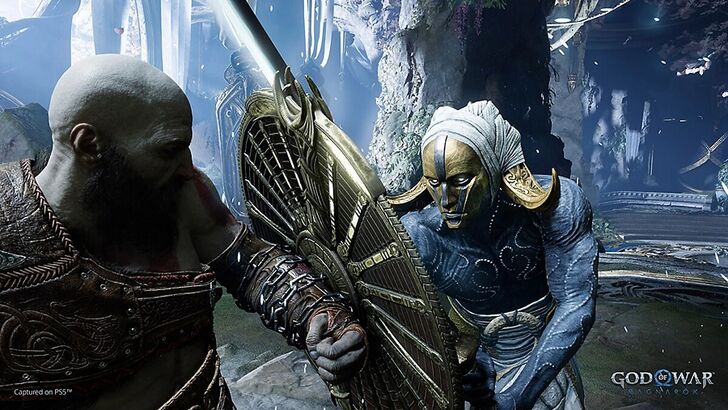
Hulst's perspective highlights a growing tension in the industry. AI offers efficiency gains in automating mundane tasks, from prototyping to asset creation. However, concerns remain about its potential impact on creative roles and human employment. The recent strike by American voice actors, fueled by the use of generative AI in games, underscores this anxiety. The impact is particularly noticeable in games like Genshin Impact, where recent updates have shown a reduction in English voice acting.
A CIST market research survey reveals that 62% of game studios already utilize AI to streamline workflows. Hulst believes the future lies in a balance: a simultaneous demand for both AI-driven innovation and meticulously handcrafted content. "Striking the right balance between leveraging AI and preserving the human touch will be crucial," he stated.
PlayStation's AI Strategy and Future Multimedia Ambitions
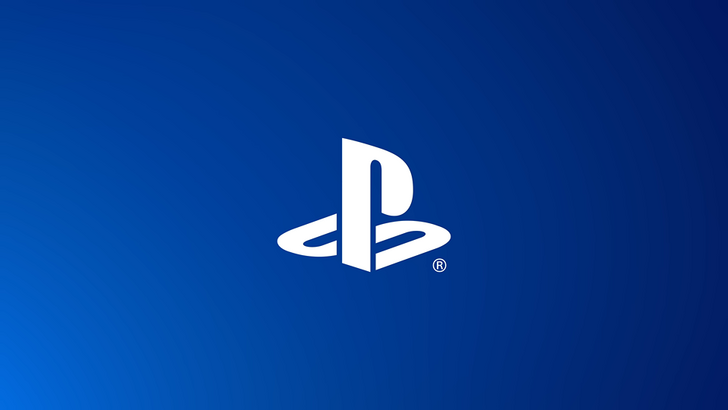
PlayStation, however, is actively embracing AI. A dedicated Sony AI department, established in 2022, focuses on research and development. Beyond gaming, the company envisions broader multimedia expansion, adapting its successful game IPs into films and TV series. The upcoming Amazon Prime adaptation of 2018's God of War exemplifies this strategy. Hulst aims to elevate PlayStation IPs beyond gaming, integrating them into the wider entertainment landscape. This ambition may be linked to the rumored acquisition of Kadokawa Corporation, a Japanese multimedia giant.
Lessons Learned from the PlayStation 3: A Cautionary Tale
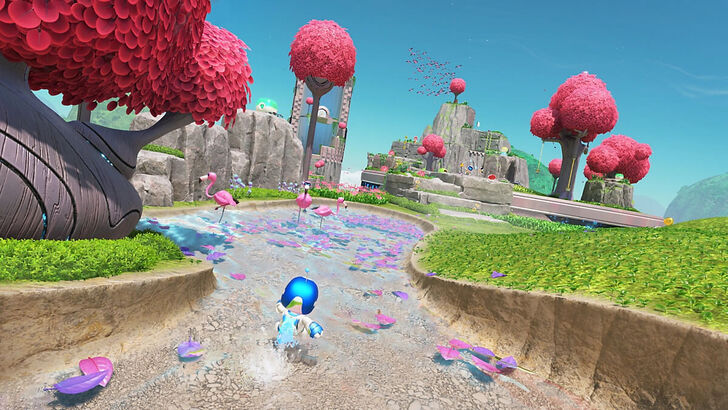
Reflecting on PlayStation's 30th anniversary, former chief Shawn Layden described the PlayStation 3 as an "Icarus moment." The team's ambitious vision, encompassing Linux integration and supercomputer-level capabilities, proved too ambitious for the time. This experience led to a refocusing on core principles: prioritizing gaming as the central function of the console. The success of the PlayStation 4, Layden argued, stemmed from this renewed focus on delivering the "best game machine of all time," a strategy that contrasted with competitors' multimedia-centric approaches.



